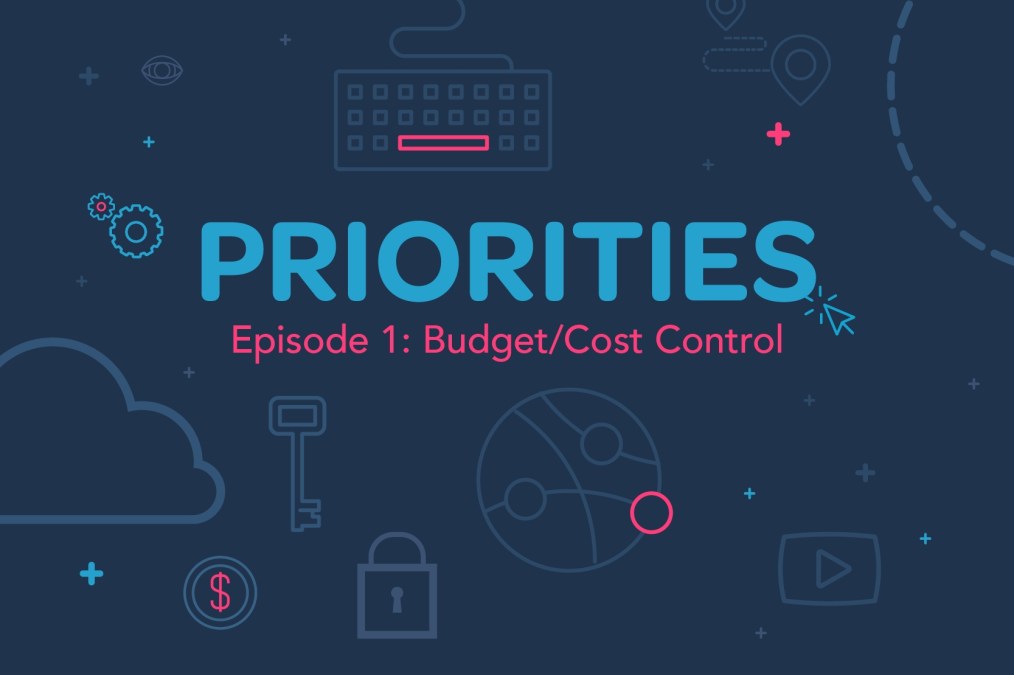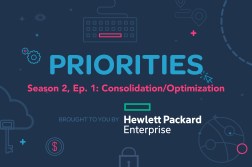
How state IT agencies are handling budget, cost control
Stateinformation technology departments remain cost aware” after declining tax revenues during the Great Recession cut into their budgets, according to a panel of state IT thought leaderson thefirst episode of StateScoop’s “Priorities podcast a monthly program that examines the leading strategies, technologies and challenges that state CIOs expect to facethisyear.
Indeed, in 2010, “budget and cost control” was votedNo. 1 on theNational Association of State Chief Information Officers annual survey of top priorities among state technology execs. Andit’s remained in the top 10 ever since, coming in at No. 7this year.
The budgets are maybe loosening up, Brenda Berlin, Colorado Governors Office of Information Technologys chief financial officer and deputy CIO, said on Priorities. Weve still had to be cost aware of the services and where were going with our strategic direction.
With that in mind,the panel said, there are strategies states can use to advance their IT while keeping an eye on the bottom line:Berlin and Delaware CIO James Collins recommended statestakeadvantage ofcloud computing, and focus on platform as a service and software as a service technologies, which can expand computingcapabilitieswhile saving the state money.
On the podcast:
- James Collins, chief information officer, Delaware
- Brenda Berlin, chief financial officer/deputy CIO, Colorado Governors Office of Information Technology
- Brian Sigritz, director of state fiscal studies, National Association of State Budget Officers
Things to listen for:
- Colorados IT department is working with other state agencies to use data analytics to evaluate the effects of the state’s move to legalize recreationalmarijuana use in 2012.
- In Delaware, Great Recession-era budget constraints inspired the state to move toward IT centralization a process that continues to unfold in 2016.
- States have experienced a slight uptick in hiring in the years since the recession, but they may never return to the pre-recession levels of a state IT workforce, Sigritz said.
- According to Collins, neither the government nor the private sector has fully realized how dependent citizens and government operations are on technology. Collins said he is working with his department, the governors office and the Legislature to help the state recognize technology as a strategic asset, instead of a cost center.


